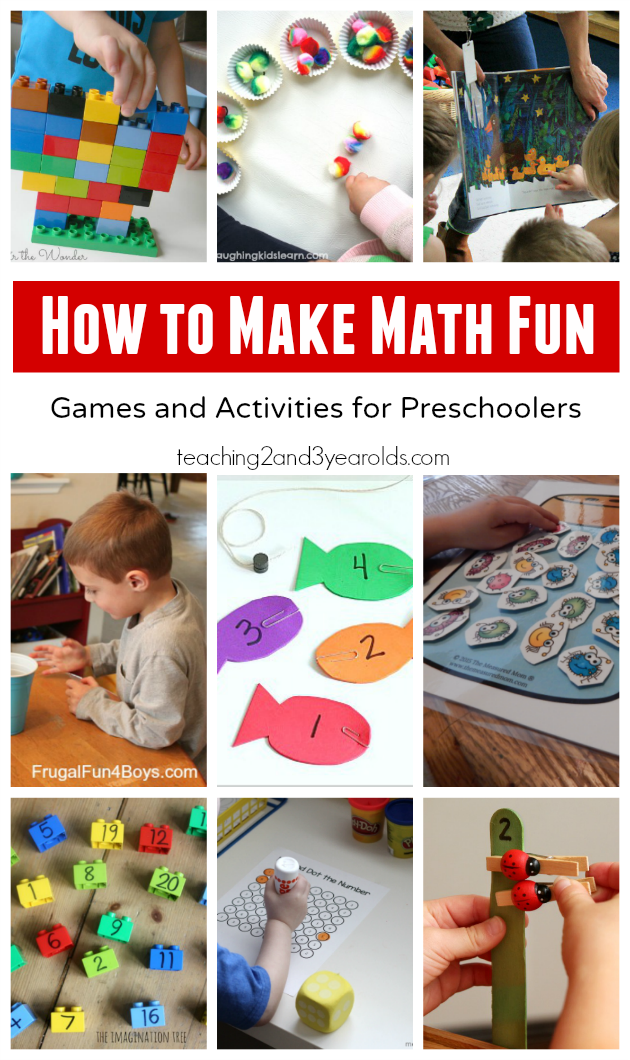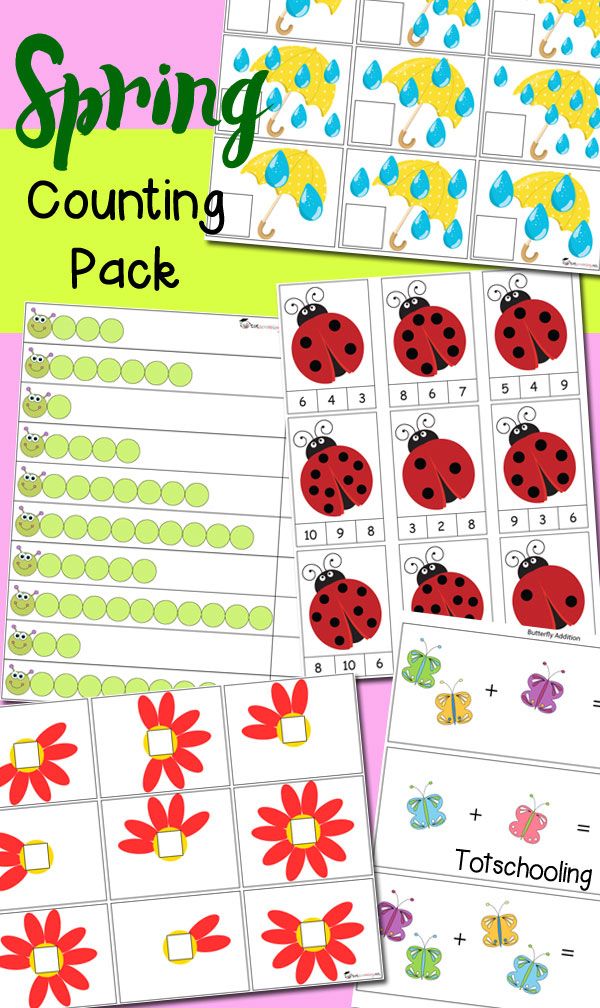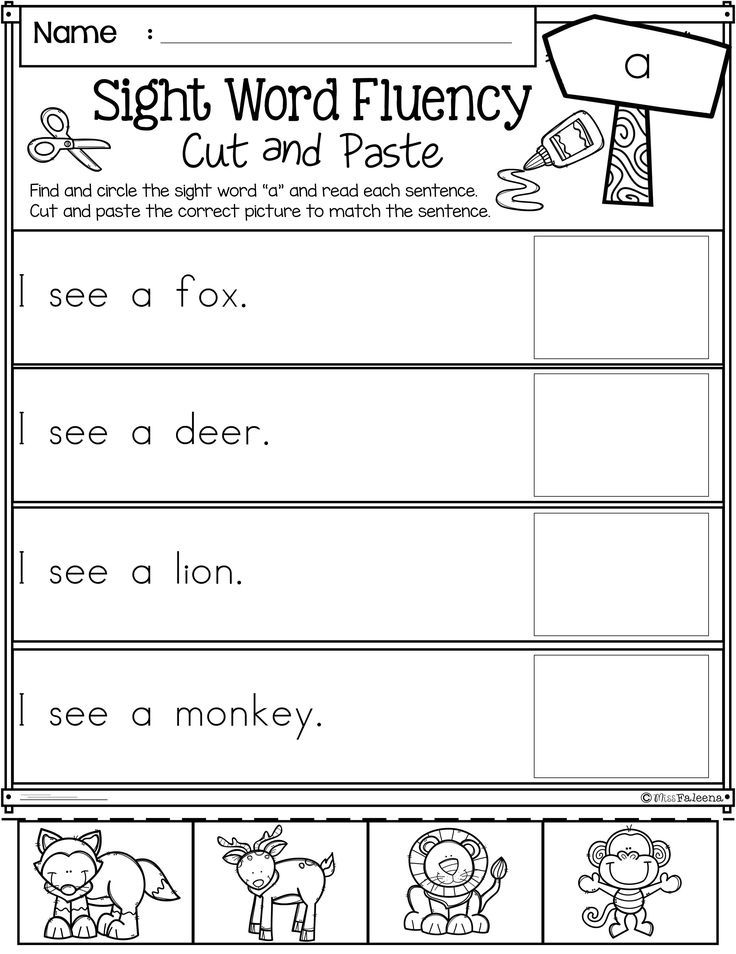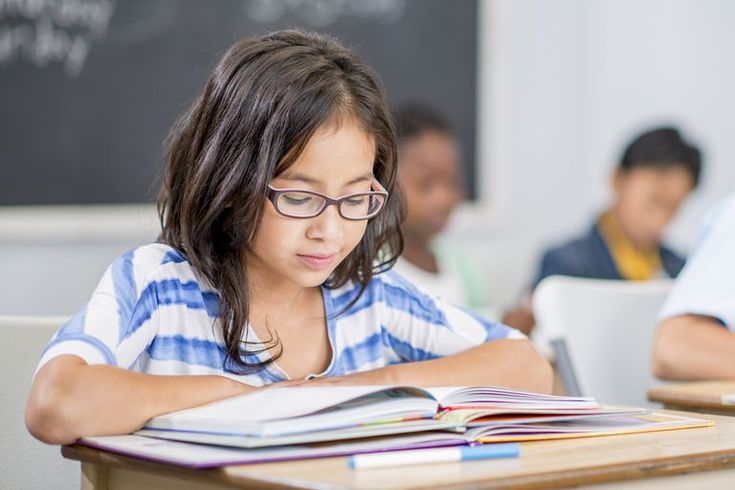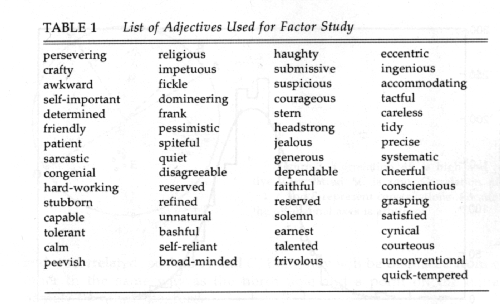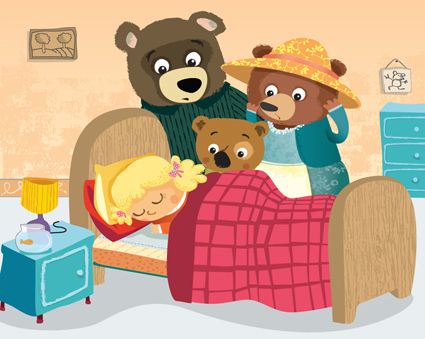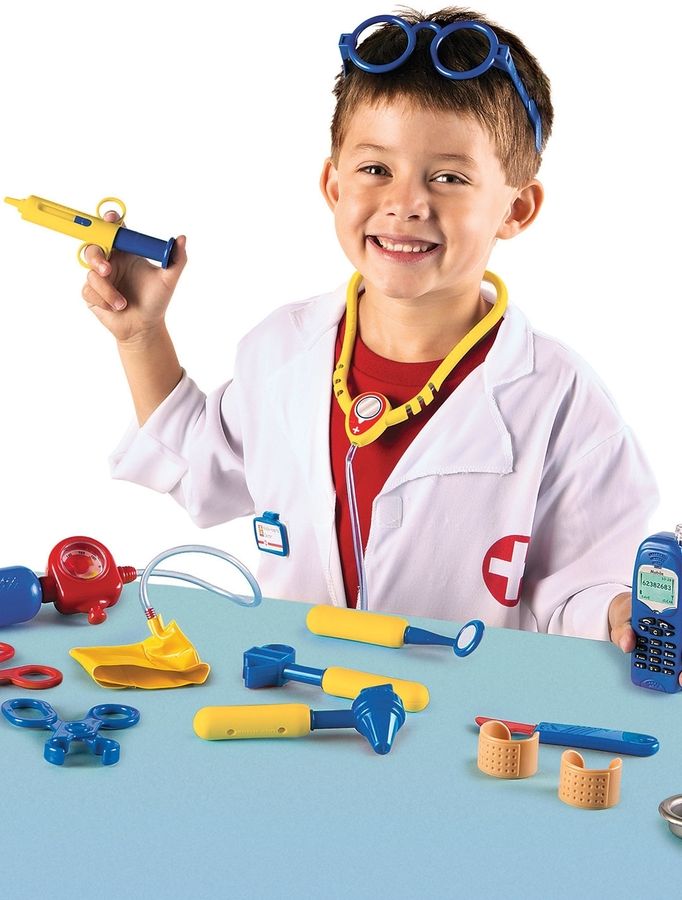Kindergarten readiness list
Kindergarten skills checklist
- Reading & Writing
- Mathematics
- Logic & Problem Solving
- Science
- Social Studies
- Creativity & Life Skills
- Personal & Social Skills
- Language Learning
Is your child ready for kindergarten? Refer to this skills checklist.
Is your child ready for kindergarten? Although each child is unique and develops at his or her own pace, most educators and developmental experts agree upon a certain set of skills as essential tools for further development and achievement in school. Here’s a checklist of the developmental skills children need exposure to and knowledge of before they enter kindergarten.
Social skills
- Uses words to solve problems or conflicts
- Uses words like please, thank you and excuse me
- Adjusts to new situations
- Attempts new tasks knowing it’s okay to make mistakes
- Shows pride in accomplishments
- Follows a simple direction
- Stays with an activity to completion
- Asks for help
- Interacts appropriately with adults and peers
- Respects the rights, property and feelings of others
- Works cooperatively (listens to others, shares and takes turns)
- Demonstrates increasing self-control
- Participates in clean-up activities
- Takes responsibility for own belongings (lunch, coat, etc.
)
- Is able to dress self
- Adheres to a routine and schedule for personal hygiene, eating meals and going to bed
- Uses good hygiene habits and table manners
- Uses appropriate bathroom skills
- Follows simple safety rules
- Offers to help peers and family
- Tries to regulate emotions properly and articulates feelings in words
Motor skills
- Puts puzzles together
- Cuts with scissors
- Holds and uses crayons, markers, pens and pencils correctly
- Builds using blocks
- Tries to tie own shoes
- Bounces, kicks, throws and catches a ball
- Rides a tricycle
- Enjoys outdoor activities, like running, jumping and climbing
Reasoning & concept development
- Matches or groups objects according to size, shape or color
- Groups objects that are the same
- Understands concepts of in/out, under/over, on/off, front/back, etc.
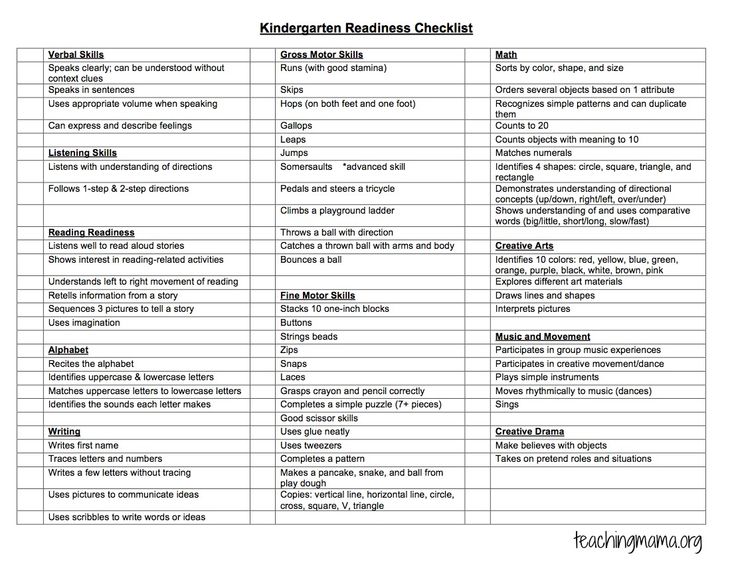
- Shows an understanding of the passing of time, including concepts of before and after, and today, yesterday and tomorrow
- Experiments enthusiastically with new games and toys, sometimes in a trial-and-error manner
- Describes how objects are the same or different
Language skills
- Talks in sentences
- Follows one- and two-step oral directions
- Uses sentences that include two or more ideas
- Uses descriptive language
- Knows by heart and recites some common nursery rhymes and songs
- Pretends, creates and makes up songs or stories
- Tells or retells stories and/or everyday experiences
- Asks questions and expresses curiosity
- Expresses ideas so that others can understand
Reading skills
- Looks at books or pictures on their own
- Pretends to read books by reading the pictures
- Tries to read in everyday situations (signs, labels, etc.)
- Recognizes rhyming words
- Blends sounds into words
- Recognizes some common words in print
- Recognizes many uppercase and lowercase letters
- Recognizes some letter sounds
- Describes characters’ actions and feelings in a story
- Relates stories to personal experiences
- Puts events of a story in order
Writing skills
- Tries to write, scribble or draw
- Asks you to write words or notes to others
- Attempts to write own name and recognizes own name in print
Mathematics concepts
- Compares the size of groups of objects using language such as “more,” “less” and “same as”
- Arranges objects in size order (big to small, or small to big)
- Uses comparison words, like "bigger," "smaller," "heavier," etc.
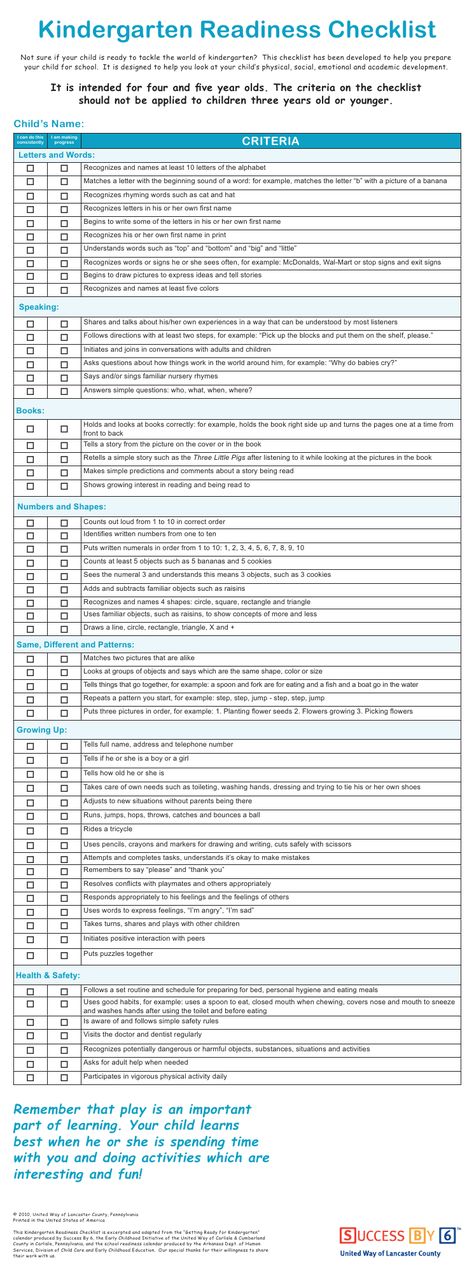
- Understands concepts of none, some and all and more than and less than
- Identifies and draws a square, circle and triangle
- Correctly counts four to ten objects
- Knows that the final number counted represents the total number of objects in a set
- Recognizes some numbers, 1 – 10
- Can distinguish numbers from letters, and understands that numbers relate to quantity
- Understands the effects of addition and subtraction
Science
- Shows interest and asks questions about objects and events observed in their environment
- Notices common properties and differences among objects and materials
- Knows some facts about common plants and animals, such as what they eat and baby names
- Recognizes some objects in the sky such as the sun, moon, clouds and lightning
Creative arts & music
- Recognizes and names basic colors
- Draws recognizable shapes and simple objects
- Tells a story with pictures
- Moves to a beat
- Explores with common musical instruments
- Enjoys improvising or copying musical patterns
Social studies
- Recognizes basic traditions such as birthdays
- Understands that people live in different parts of the worlds and have different customs and traditions
- Explores simple maps and visual representations of neighborhoods or communities
Kindergarten Readiness Checklist - All About Kids
Kindergarten Readiness Checklist - All About KidsKindergarten Readiness Checklist
- By aakids
- Feb 16, 2021
- 0 Comment
Many parents are preparing to sign their children up for Kindergarten this time of year. Some parents find themselves asking if their child is ready for Kindergarten or would another year of Pre-K suit them better. Learn about the type of skills that are expected of a Kindergarten student.
Some parents find themselves asking if their child is ready for Kindergarten or would another year of Pre-K suit them better. Learn about the type of skills that are expected of a Kindergarten student.
Language skills
- Speak in complete sentences and be understood by others most of the time
- Use words to express needs and wants
- Understand two-step directions
- Make comparisons and describe relationships between objects like big/little, under/over, and first/last
Reading readiness skills
- Enjoy listening to stories
- Know how to find the first page of a book and which way to flip the pages
- Recognize familiar logos and signs, like stop signs
- Recite the alphabet and identify most of the letters
- Recognize and try to write their own name
- Recognize when two words rhyme (like cat and bat)
- Start to connect letter sounds to letters (like the sound of the first letter in their name)
- Draw a picture to help express an idea
Math skills
- Count from 1 to 10 without skipping numbers
- Match a number to a group of five or fewer items (“I see three cats”)
- Recognize and name basic shapes (square, circle, triangle, rectangle)
- Understand more than and less than
- Arrange three objects in the right order (like from smallest to biggest)
- Name or point to the colors in a box of eight crayons
Self-care skills
- Use the bathroom and wash up on their own
- Get dressed on their own (but may still need help with buttons, zippers, and shoelaces)
- Know and can say their first and last name and age
Social and emotional skills
- Separate from a parent or caregiver without getting overly upset
- Interact with other kids
- Pay attention for at least five minutes to a task an adult is leading, like listening to directions for an activity or discussing the day’s weather during circle time
Fine motor skills
- Use a pencil or crayon with some control
- Use scissors
- Copy basic shapes
- Make distinct marks that look like letters and write some actual letters, especially the ones in their name
- Put together a simple puzzle
Gross motor skills
- Run
- Jump with feet together
- Hop on one foot
- Climb stairs
- Bounce a ball and try to catch it
© 2022 All About Kids Childcare and Learning Center.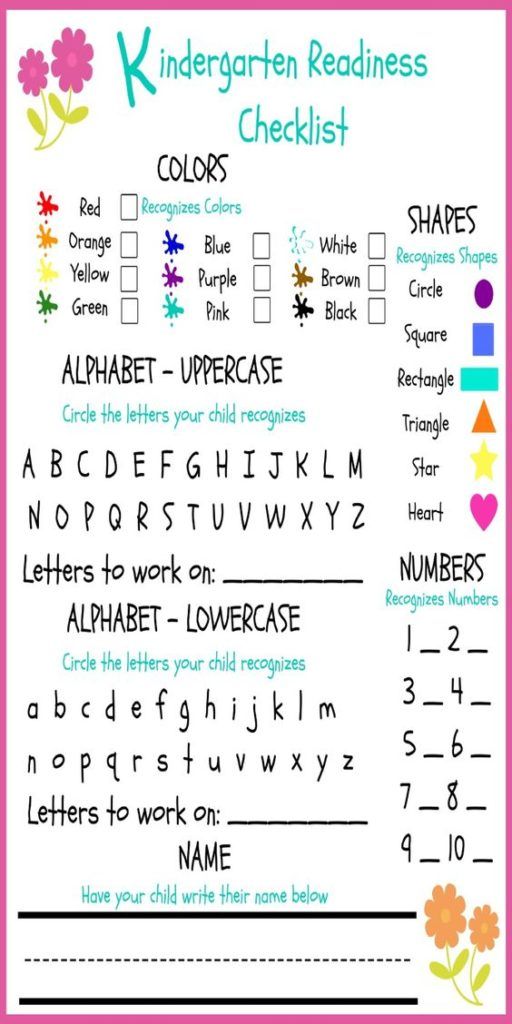 All Rights Reserved.
All Rights Reserved.
Design by: Web Strategy Plus
↑How to understand if a child is ready for kindergarten
A lot and in detail is written about readiness for school: a 7-year-old child is already almost an adult. And you can analyze it in an adult way. Whether business - a three-year-old! For citizens from 2 to 4 years old, there are no reliably clear tests for IQ and EQ. And not every psychologist is able to “by eye” distinguish someone who is not yet ready from someone who, in principle - from now on and forever - is not Sadovsky. Therefore, let's go literally to the touch, although psychologists still put a few restrictive flags on us.
Marina Slinkova, family psychologist
Essentially, "garden readiness" implies two aspects: readiness for separation and readiness for autonomy (that is, self-service).
Ready for autonomy
With self-service, everything is more or less clear. There is a certain list of requirements that an applicant for the position of a kindergartener must meet.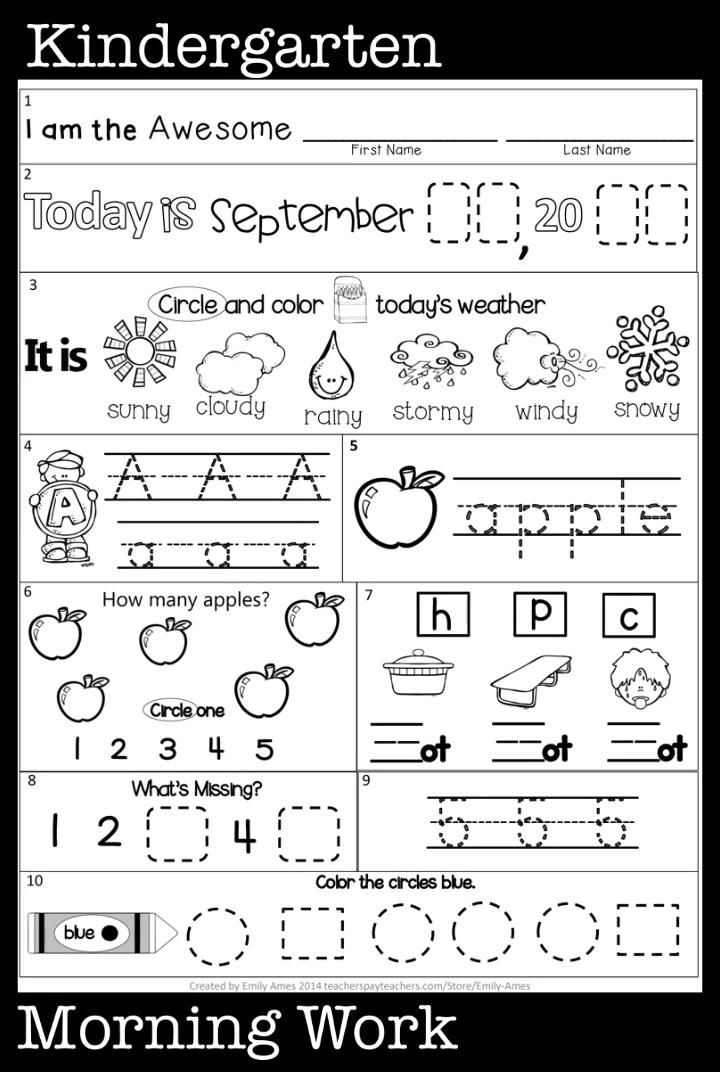 Each preschool educational institution may have its own nuances, but in general the list looks like this:
Each preschool educational institution may have its own nuances, but in general the list looks like this:
You need to be able to go to the nursery:
- fall asleep on their own without a pacifier and motion sickness on the handles
- drink on their own - from a cup, not from a bottle and not from a drinker
- eat on their own. At least with your hands
- do without a diaper while you are awake, ask for a potty, or at least tell your elders that you didn’t reach the potty
For the younger group (3+ years), in addition to the above, you must:
- have experience of communication and interaction with other children (in the sandbox or in early development groups)
- show interest in drawing, sculpting and other activities
- speak in simple sentences
- independently (though not at speed) put on pants or a dress
if you're trying to infiltrate, have a reputation for being "good" and are famous for their "custom approach", then you can still take a chance.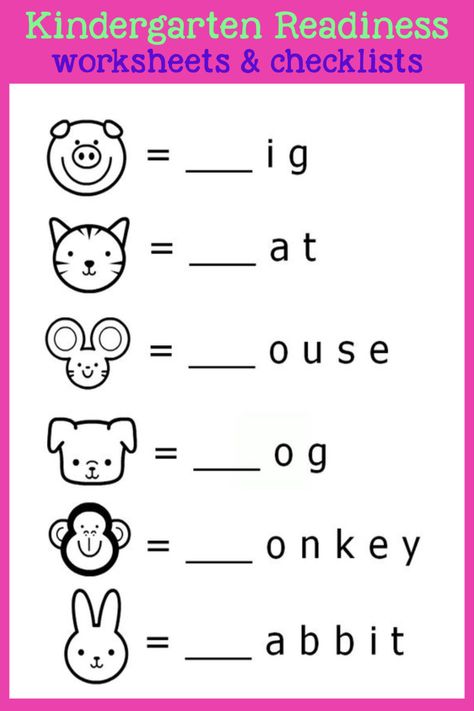 If there are more than two points of discrepancy, or if the total number of children in the group does not allow one to hope for an individual approach, then it is better not to rush. Stay at home for a few more months and refine the necessary skills with your baby.
If there are more than two points of discrepancy, or if the total number of children in the group does not allow one to hope for an individual approach, then it is better not to rush. Stay at home for a few more months and refine the necessary skills with your baby.
Readiness for separation
Anna Devyatka, psychologist-consultant
Readiness for the garden is, first of all, readiness for the beginning of separation from parents. At this point, a healthy attachment to the mother should already be formed. The child can calmly move away for a while and feel good, because he knows that his mother will return.
Roughly speaking, a child is not ready for the garden until he has had enough of his parents. That is, the more time you spent with the child, the higher the likelihood that he is ready for short-term separations. For some reason, until now, many parents believe that children accustomed to hands and accustomed to "hold on to their mother's skirt" will have difficulty socializing and will not fit well into the garden.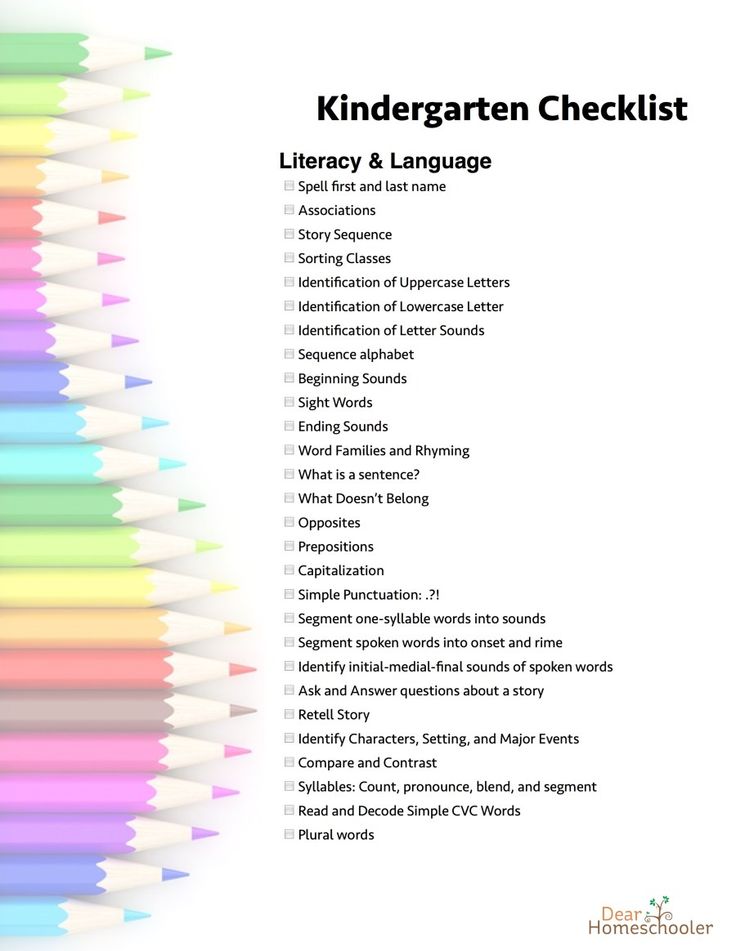 In fact, everything is exactly the opposite. This phenomenon was described in detail in the 40s of the last century by John Bowlby, an English psychologist, the author of the theory of attachment. In those days, various experiments with the human psyche were generally in vogue. One of them looked like this: a mother with a child went out into a green meadow and sat down in a chair. The child went to explore the surroundings, now and then looking back at his mother. He turns around, she smiles at him - he boldly moves on. And now, at some point, the baby turns around - but there is no mother (she hid behind a chair). He begins to look around anxiously, then to cry, runs to the place where he saw his mother for the last time ... She appears, takes him in her arms, calms him down - and sits down in the chair again. This time the child does not go so far, but looks back more often ... At some point, the mother disappears again. Then he finds himself again... And after the third disappearance, the child no longer goes for a walk on his own.
In fact, everything is exactly the opposite. This phenomenon was described in detail in the 40s of the last century by John Bowlby, an English psychologist, the author of the theory of attachment. In those days, various experiments with the human psyche were generally in vogue. One of them looked like this: a mother with a child went out into a green meadow and sat down in a chair. The child went to explore the surroundings, now and then looking back at his mother. He turns around, she smiles at him - he boldly moves on. And now, at some point, the baby turns around - but there is no mother (she hid behind a chair). He begins to look around anxiously, then to cry, runs to the place where he saw his mother for the last time ... She appears, takes him in her arms, calms him down - and sits down in the chair again. This time the child does not go so far, but looks back more often ... At some point, the mother disappears again. Then he finds himself again... And after the third disappearance, the child no longer goes for a walk on his own.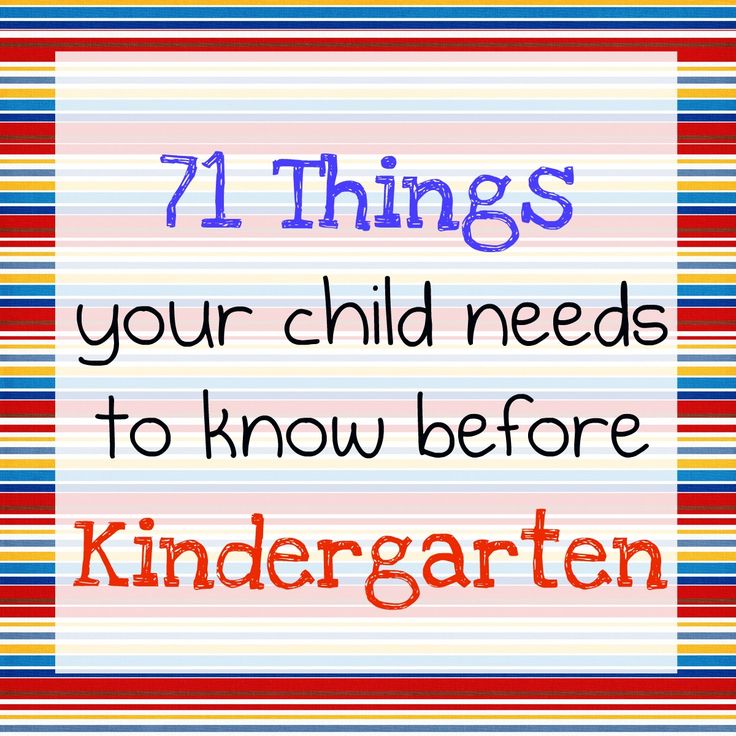 He stands by the armchair, clinging to his mother, and weeps softly.
He stands by the armchair, clinging to his mother, and weeps softly.
Age of readiness
All children are different: some feel great in the nursery, others are not capable of long separations from their mother until school. But some statistical norms still exist.
Anna Devyatka, psychologist-consultant
Separation of a child from parents occurs throughout life, in several stages, and in a successful version ends by the age of 20-25. These stages are marked by age crises. And the first two fall just for 1 year and 3 years. Giving the child to the garden, you must either manage to slip between them, or wait until the crisis of three years has passed.
You can understand that the stage of the crisis has been passed by the behavior of the baby: he is moderately calm and satisfied, does not throw tantrums at home, contacts children at playgrounds without any special problems (not scared, but not aggressive) and, having played too much, forgets to look back at you.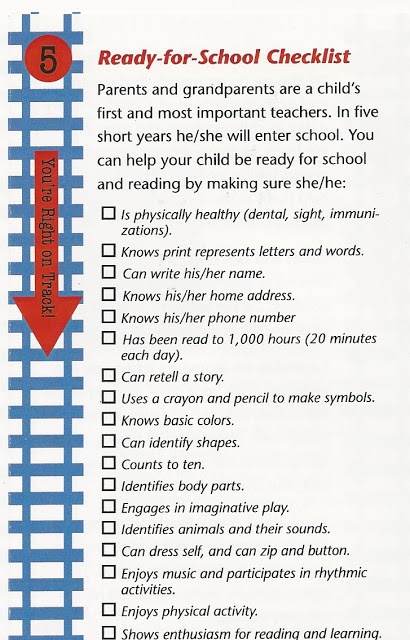 If you caught this moment at 2 years old, you can try to infiltrate the nursery. If not, you will have to wait for the crisis to end for 3 years (and it can drag on up to 4). But to hope that adaptation in the garden will go well when a person is already in a state of crisis is at least naive.
If you caught this moment at 2 years old, you can try to infiltrate the nursery. If not, you will have to wait for the crisis to end for 3 years (and it can drag on up to 4). But to hope that adaptation in the garden will go well when a person is already in a state of crisis is at least naive.
How to distinguish adaptation from unpreparedness
Of course, every family child will cry at the first separation ... This does not mean that he is not ready for the garden. This means that separation is stressful. And all healthy children react to stress in approximately the same way: with a roar. Any educator will tell you that during the period of adaptation, children should not be left in the garden for longer than 3 hours and it is better to take them before daytime sleep: that is, at first he comes to the garden to have breakfast and play - and that's it.
Marina Slinkova, family psychologist
Crying is a normal reaction, any child reacts to stress by crying.
But nausea, fever, even frequent “colds” when separated from mom are a signal that the child is not ready.
Of course, entering a new team is a meeting with unfamiliar microbes. Immunity trains - and at this stage absolutely all children get sick. But it’s one thing to be sick one week a month, and quite another to live in the “2 days we walk, 2 weeks we get sick” mode.
Anna Devyatka, counseling psychologist
If a child in the garden does not play with children, but only cries, or starts screaming at night, begins to urinate or gets sick often - take it. If the parent does not perceive other distress signals, the child goes into illness.
You will still have to be on sick leave all the time - the employer is unlikely to appreciate this. So better use your right to parental leave - sit with him yourself until he matures to the garden.
Do not pedal the issue of "socialization". Sometimes you just have to grow up to it.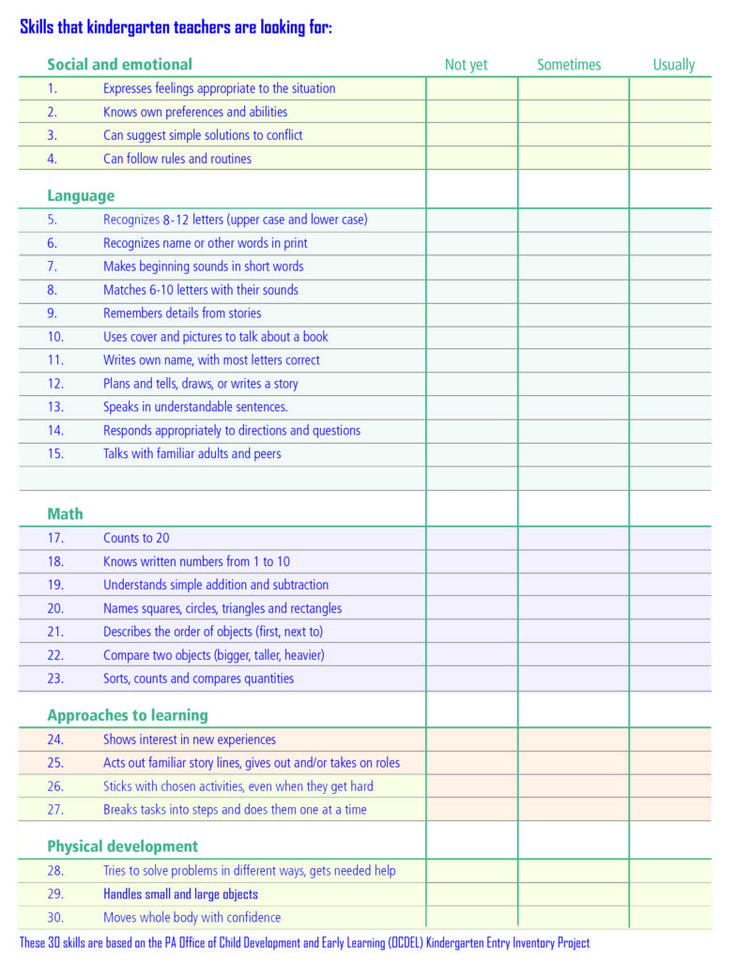 It will be easier for a child to communicate with peers at school if he feels protected and loved all 7 years before school than if he spends his best years sobbing alone in the garden on a high chair.
It will be easier for a child to communicate with peers at school if he feels protected and loved all 7 years before school than if he spends his best years sobbing alone in the garden on a high chair.
Read also:
Relax Delay: Why is a child silent
5 The main differences of a modern child from past children
Text: Julia Verklova
Photo: Evgeny Atamanenko/Romorodo /Predrag Popovski/Shutterstock.com
kindergarten educationhelpful tipspsychology
which doctors? – health articles
The practice of maintaining unified medical records for each pupil has more than one decade. During this time, it has demonstrated its advantages for both medical personnel and parents, since if a child’s outpatient card is lost, it became possible to restore information according to Form No. 026/u-2000.
Description
A certificate for kindergarten is the first thing that modern parents of preschoolers face when they receive a ticket to a preschool educational institution.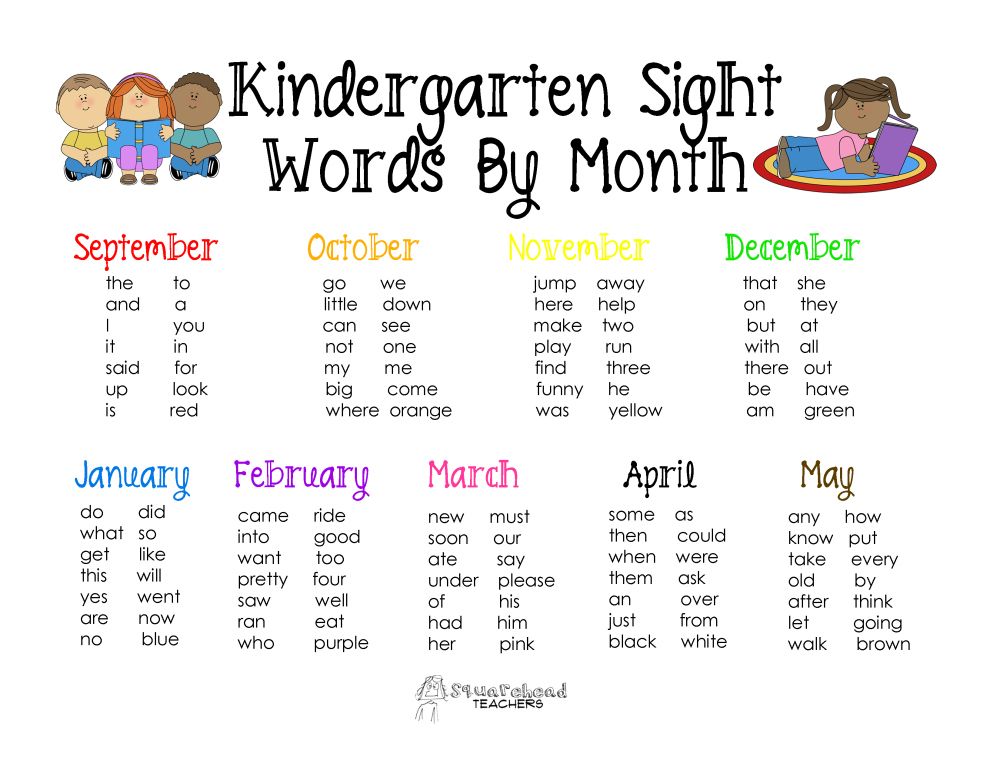
Form No. 026 / y-2000 is a child's medical record, and not just a single certificate. This is a full-weight A4 notebook with a hard cover, where all the medical information about the baby will be summarized from the moment he enters the kindergarten and until the completion of secondary education.
General information is placed on the cover: the surname, name, patronymic of the minor, his gender, date of birth and registration address, below is the children's clinic to which he is assigned, and contact phone numbers.
Is it mandatory
The presence of a medical card No. 026 / y-2000 for a kindergarten is mandatory, rather, for health workers, since this is the main reporting document where information about medical examinations, Mantoux reactions and vaccinations will be entered. On the other hand, maintaining a card is convenient for the parents themselves, as it allows them to get the necessary information from there (including in the form of extracts for provision at the place of demand), which can be especially important if the main outpatient card is lost.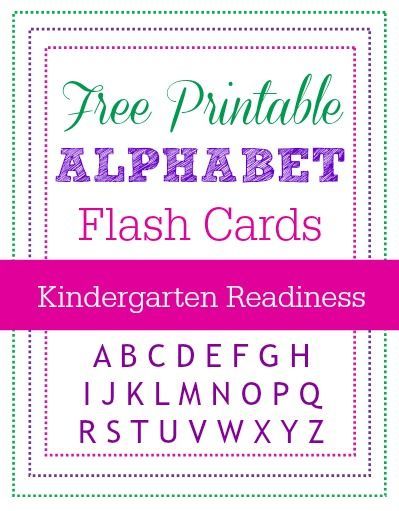
Contact
In urban polyclinics, there is usually a rather long process of passing doctors and not all specialists are always available. It is easier and more comfortable to conduct an examination of a preschooler in a private clinic, where all the necessary specialists are gathered in one place. Modern private clinics often offer a comprehensive service "medical examination in front of kindergarten for children's certificate No. 026 / y."
Tests
In addition to the conclusions of specialists, a certificate for a child in kindergarten will contain laboratory tests.
- Urinalysis
- CBC + ESR
However, if the child has chronic diseases for which he is registered, this doctor will be included in the list of specialists, and the list of tests may be extended.
As well as examination by specialists, obtaining test results can be accelerated by contacting a private clinic. Here, the child will pass all the examinations in one day, parents will be able to save working time, and the child will be able to minimize stress from medical interventions.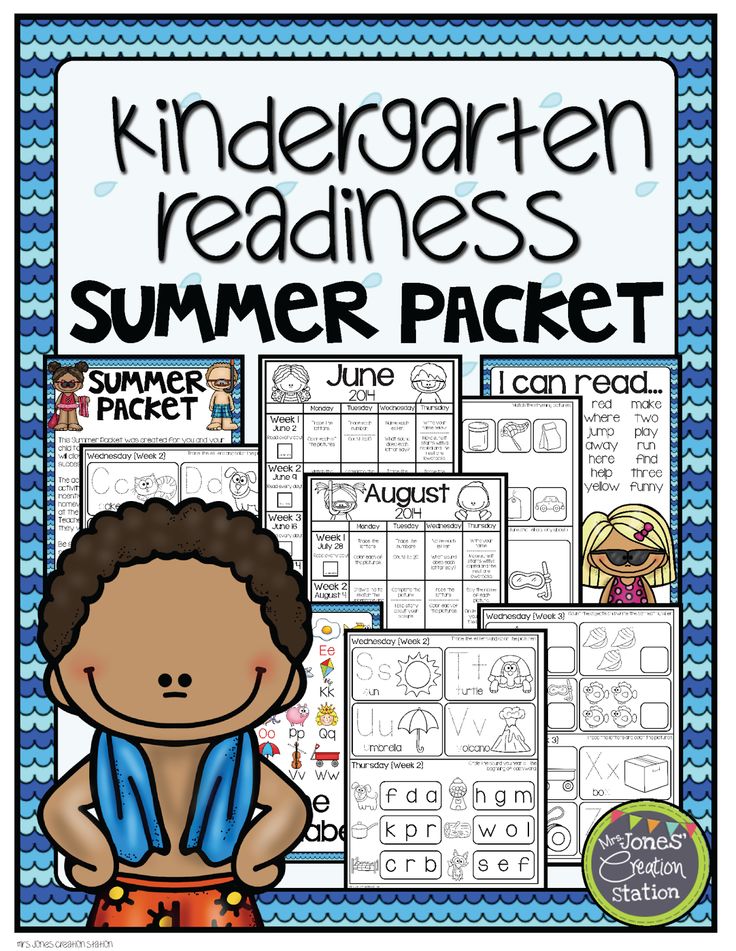
About doctors
The certificate for the kindergarten form No. 026 / y-2000 includes specialists required to pass, the list of which may vary slightly depending on the age at which the child enters an educational institution for the first time. Some children skip kindergarten, and then parents apply for a child's medical record (form No. 026/y-2000) just before the first grade.
The child's medical record for kindergarten will include:
- Examination and conclusion by a pediatrician who will start and end the medical examination. In addition to the conclusion about the readiness and ability of the child to attend an educational institution, the pediatrician will issue directions for tests, determine the health group and give recommendations on the features or diseases identified as a result of the examination, if any
- Pediatric dentist will not only assess the condition of the oral cavity, but also make a conclusion about the correspondence of the number of teeth to the age of the preschooler in the form of a dental formula
- Pediatric otolaryngologist will check the level of hearing, assess the anatomical structure of the ENT organs
- Children's neurologist will assess the degree of psychological maturity, the level of mental development
- Orthopedic surgeon or pediatric surgeon will assess the correct formation and development of the child's musculoskeletal system, the functioning of the musculoskeletal system
- Pediatric ophthalmologist check visual acuity
- Pediatric gynecologist examining girls
- Pediatric urologist-andrologist examining boys
The child's developmental medical record for the school will require visits to the same specialists, in addition, an examination by a psychiatrist is required.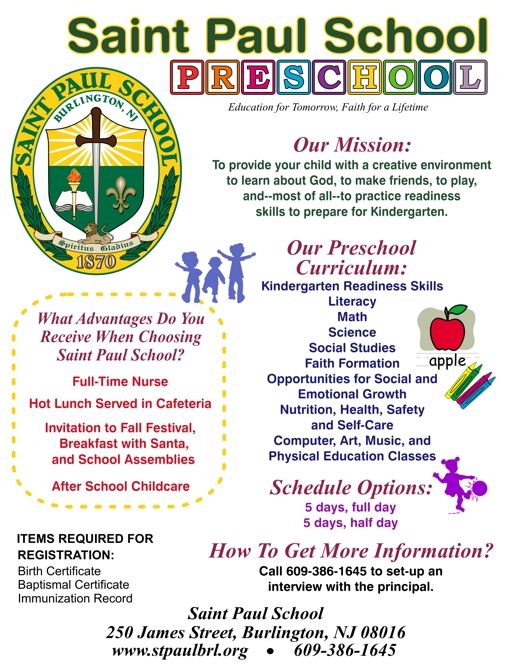
The following types of research are also carried out before the school:
- Clinical blood test (+ ESR)
- Urinalysis
- ECG and echocardiography
- Ultrasound of the abdominal organs and kidneys
Many of these specialists are visited by children during routine check-ups by age, however, some diseases may be detected for the first time at a medical examination before admission to a preschool educational institution, since here the child receives a full comprehensive examination.
List of documents
To issue a certificate for kindergarten No. 026 / y, you will need to have with you:
- Child's birth certificate
- SNILS (not required in private clinics)
- Insurance policy (in private clinics - only VHI policy)
- Passport of one of the parents, where the child is entered in the "Children" column (or the passport of one of the guardians / adoptive parents)
- Vaccination certificate with vaccination marks
If the child does not have any vaccinations and the parents do not plan to vaccinate him before entering the kindergarten / school, the medical office of the educational institution will require the parent to write a temporary refusal of vaccinations (form No.

